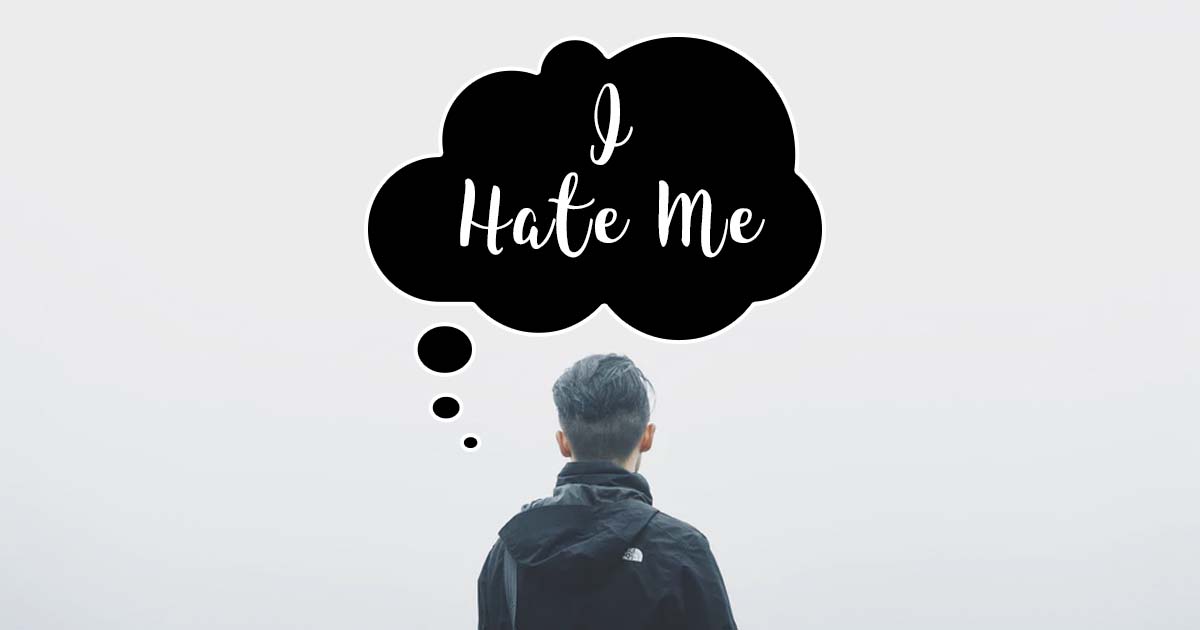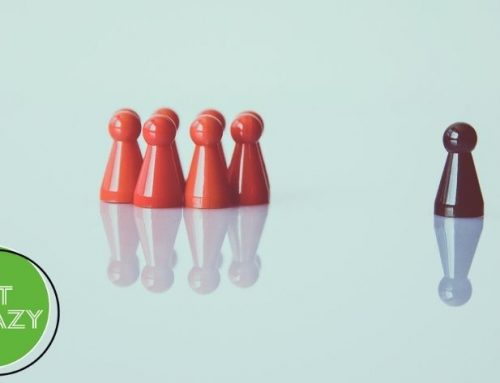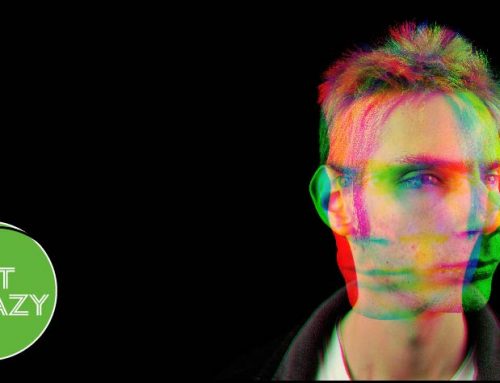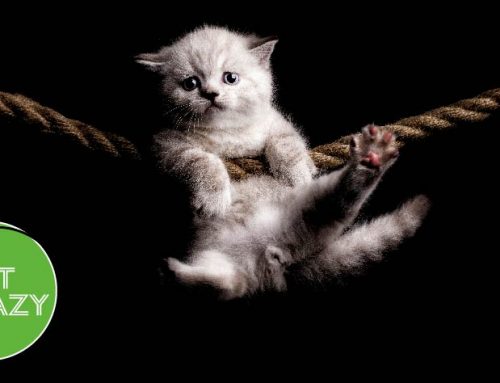Anyone who has a basic working knowledge of bipolar disorder knows all about the extreme highs (mania) and extreme lows (acute depression) that a person with the disorder experiences. Anyone who knows someone with bipolar, or has studied the disease, knows about some of the other common symptoms, as well.
There are literally hundreds of symptoms to manage, including hypersexuality, uncontrollable anger, and even self-medication (such as with drugs or alcohol). One symptom, however, that doesn’t get discussed often is self-loathing. Bipolar disorder creates an incredible amount of self-hatred. It’s like a voice in someone’s head that incessantly beats them down.
Self-Loathing and Bipolar Disorder
Most of us understand the basics of self-loathing. We all know people who have doubted themselves at some point in their lives and self-loathing is the extreme of that. People with bipolar disorder often hate themselves.
In other words, we believe we are worthless, incapable, and can’t succeed. We are angry because of our misery.
And, if it wasn’t bad enough that we believe it about ourselves, society reinforces that belief. We live in a society that very much dislikes open displays and/or discussions of anger.
What is Observed as Bipolar Anger is Often Self-Loathing
When the average person observes someone with bipolar who is angry, they assume the anger is directed at them. Angry people in our culture is looked upon as being bad. Anger is considered a negative emotion because we tend to classify emotions in this way. Adding moral judgment to feelings often creates more problems than it solves.
Since most people are uncomfortable with anger, they become anxious around angry people, considering them a threat. Add to our culture’s misconceptions about both bipolar disorder and anger and it’s unsurprising when negative outcomes occur.
A person in crisis is going to be perceived as bad, no help will be forthcoming, and that self-hatred will be reinforced. Those who witness the outburst often distance themselves from the person suffering. This further isolates an already desperate individual, often sinking them deeper into depression and preventing them from getting well.
The fact remains that most people don’t live with bipolar disorder. It is, thankfully, relatively uncommon, affecting about 4% of the population. Given America’s lack of mental health education, it isn’t remotely surprising that these ”misunderstandings” occur.
If we are honest with ourselves, we must admit that these “misunderstandings” are purely due to our own ignorance, which is far too often due to not wanting to understand.
Just for a moment, imagine how much better the lives of people living with bipolar disorder would be if we did.
This article originally appeared on psychcentral.com as “Bipolar Disorder, Anger, and Self-Loathing“








